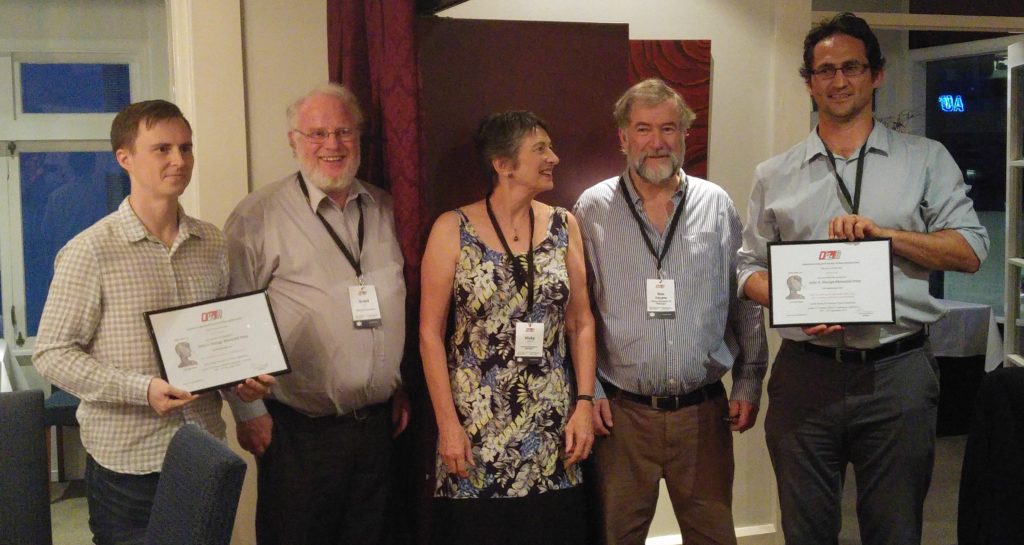Abstract Submission
The deadline for abstracts for the upcoming 2018 Joint NZSA + ORSNZ conference (27-29 November at Massey University, Palmerston North) must be submitted by Monday October 1, 2018. The submission details and formatting requirements can be found here.
NZSA is managing the submission process, and there will be no extension to this deadline.
Young Practitioners’ Prize
OR practitioners and students who are within 5 years of graduation on the first day of the conference (27 November) are invited to compete for $1000 of prizes in the ORSNZ Young Practitioners’ Prize competition. When registering for the conference, competitors should request that their paper be entered for the YPP. Note that a full paper, following these guidelines, must be submitted to ORSNZ by November 15 in order enter the YPP. For further details about the YPP, see here.
The 2018 Young Practitioners’ Prize is sponsored by Suez Smart Solutions. Anyone who enters the YPP is also eligible to attend the conference dinner free-of-charge (you do not need to purchase a dinner ticket). The conference dinner has been sponsored by Harmonic Analytics & Engineering Science.
John A. George Memorial Prize (JAG)
 Young Practitioners may also optionally submit your paper / presentation for consideration for the JAG prize. This prize is awarded annually for the best application of OR for improving lives. Entries are particularly sought in areas such as health, education, social welfare, economic development, or environmental protection, but may be in any application area.
Young Practitioners may also optionally submit your paper / presentation for consideration for the JAG prize. This prize is awarded annually for the best application of OR for improving lives. Entries are particularly sought in areas such as health, education, social welfare, economic development, or environmental protection, but may be in any application area.
Entrants should explain how their work could contribute to improving the quality of people’s lives, particularly those who may otherwise be vulnerable or disadvantaged, now, or in the future?


